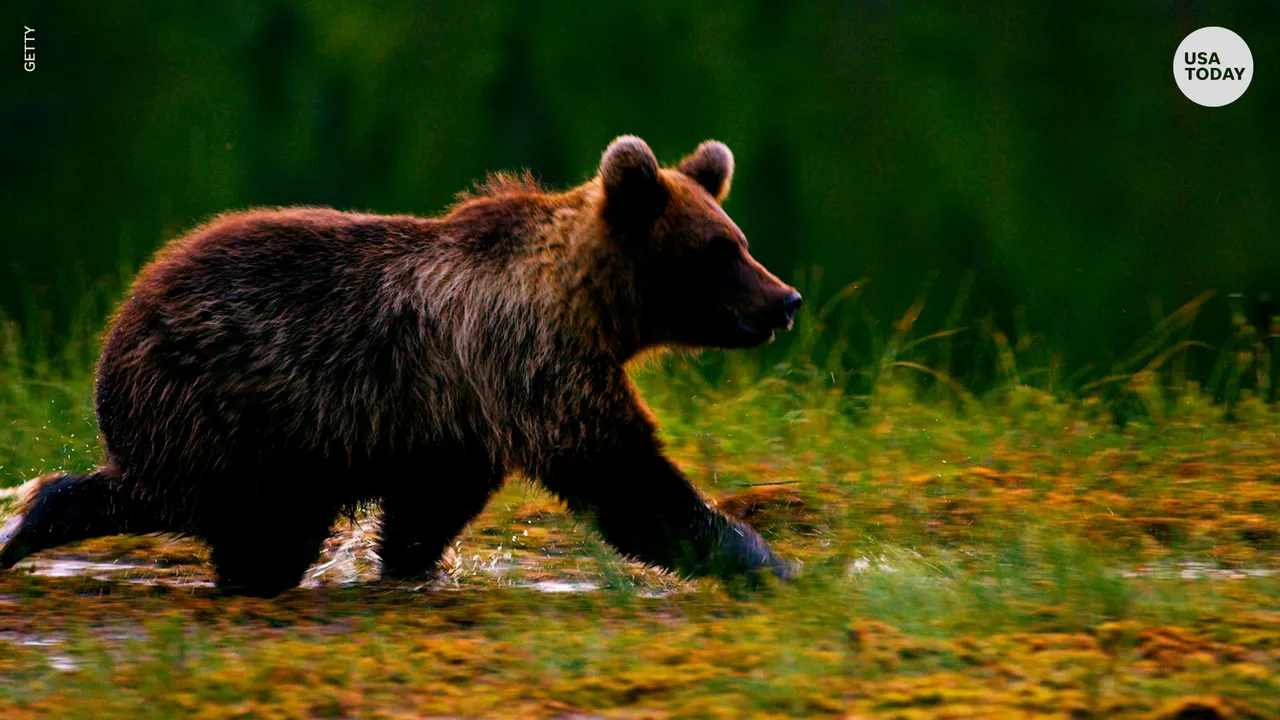What Dangerous Animals Live in America

America is home to a diverse range of wildlife, some of which can pose a threat to humans. From venomous snakes to powerful predators, dangerous animals can be found in various regions across the country. Understanding the potential risks associated with these creatures is crucial for both residents and visitors alike. In this article, we will explore four categories of dangerous animals found in America, including venomous snakes, aggressive mammals, deadly spiders, and formidable marine creatures.
Venomous Snakes:
One of the most feared and dangerous animals in America is the venomous snake. Several species of venomous snakes can be found across the country, including the rattlesnake, copperhead, cottonmouth, and coral snake. These snakes possess potent venom that can cause severe injury or even death if not treated promptly.
Rattlesnakes are prevalent in many regions, particularly in the southwestern states. Their distinctive rattle serves as a warning sign, alerting potential threats to keep their distance. Copperheads, on the other hand, are commonly found in the eastern and central parts of the country, often lurking in wooded areas or near water sources. The cottonmouth, also known as the water moccasin, is a venomous snake found in the southeastern states, primarily inhabiting swamps and marshes. Lastly, the coral snake, with its vibrant red, yellow, and black bands, can be found in the southern regions of the United States.
Encountering a venomous snake should be approached with caution. It is essential to maintain a safe distance and avoid provoking or attempting to handle these creatures. If bitten by a venomous snake, seeking immediate medical attention is crucial to receive appropriate antivenom treatment.
Aggressive Mammals:
While mammals are generally less threatening than reptiles when it comes to venomous bites, some species can display aggressive behavior, making them dangerous to humans. The American black bear, grizzly bear, and mountain lion are among the most notable examples.
Black bears are found across North America and are known for their strength and agility. Although they are typically shy and avoid human contact, they can become aggressive if they feel threatened or if food sources are scarce. It is important to follow proper bear safety protocols when camping or hiking in bear country, such as storing food securely and making noise to alert bears of your presence.
Grizzly bears, primarily found in the western states, are larger and more powerful than black bears. They are known for their protective nature, especially when it comes to their cubs. If encountered, it is crucial to remain calm, avoid eye contact, and slowly back away without turning your back on the bear.
Mountain lions, also known as cougars or pumas, inhabit various regions of America. Although they are elusive and generally avoid humans, encounters can occur, particularly in areas where their natural prey is scarce. If confronted by a mountain lion, it is important to appear as large and intimidating as possible, maintaining eye contact while slowly backing away.
Deadly Spiders:
While spiders are generally beneficial creatures that help control insect populations, some species found in America can be dangerous if provoked or bitten. The black widow and brown recluse spiders are two notorious examples.
The black widow spider is recognizable by its shiny black body and red hourglass-shaped marking on its abdomen. They are found in various parts of the country, particularly in dark and undisturbed areas such as woodpiles or sheds. Bites from black widow spiders can cause severe pain, muscle cramps, and other systemic symptoms. If bitten, seeking medical attention is crucial to receive appropriate treatment.
The brown recluse spider is known for its violin-shaped marking on its body. They are typically found in the central and southern states, preferring dark and secluded areas. Bites from brown recluse spiders can lead to necrotic skin lesions, which may require medical intervention. It is important to exercise caution when handling items in areas where these spiders may be present.
Formidable Marine Creatures:
America’s vast coastline is home to a variety of formidable marine creatures that can pose a threat to humans. From sharks to jellyfish, understanding the risks associated with these creatures is essential for beachgoers and water enthusiasts.
Sharks are perhaps the most feared marine creatures, with several species found along America’s coastlines. While shark attacks are rare, it is important to be aware of their presence and follow local beach safety guidelines. Avoiding swimming during dawn or dusk when sharks are more active, staying in groups, and refraining from wearing shiny jewelry can help minimize the risk of an encounter.
Jellyfish, particularly the Portuguese man o’ war and box jellyfish, can deliver painful stings that may require medical attention. These creatures are often found in warm coastal waters, and beachgoers should be cautious when swimming or wading in areas where jellyfish are known to be present. Wearing protective clothing and using vinegar to neutralize stings can aid in mitigating the effects of a jellyfish encounter.
Conclusion:
While America is home to a diverse array of wildlife, it is important to be aware of the dangerous animals that inhabit various regions across the country. From venomous snakes to aggressive mammals, deadly spiders, and formidable marine creatures, understanding the potential risks associated with these animals is crucial for personal safety. By respecting their habitats, following safety guidelines, and seeking appropriate medical attention when necessary, humans can coexist with these creatures while minimizing the risk of harm.






